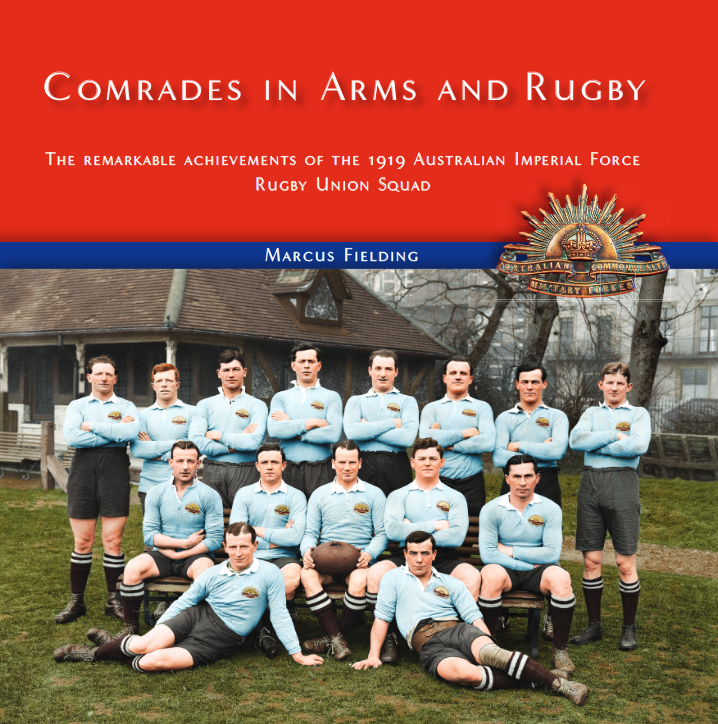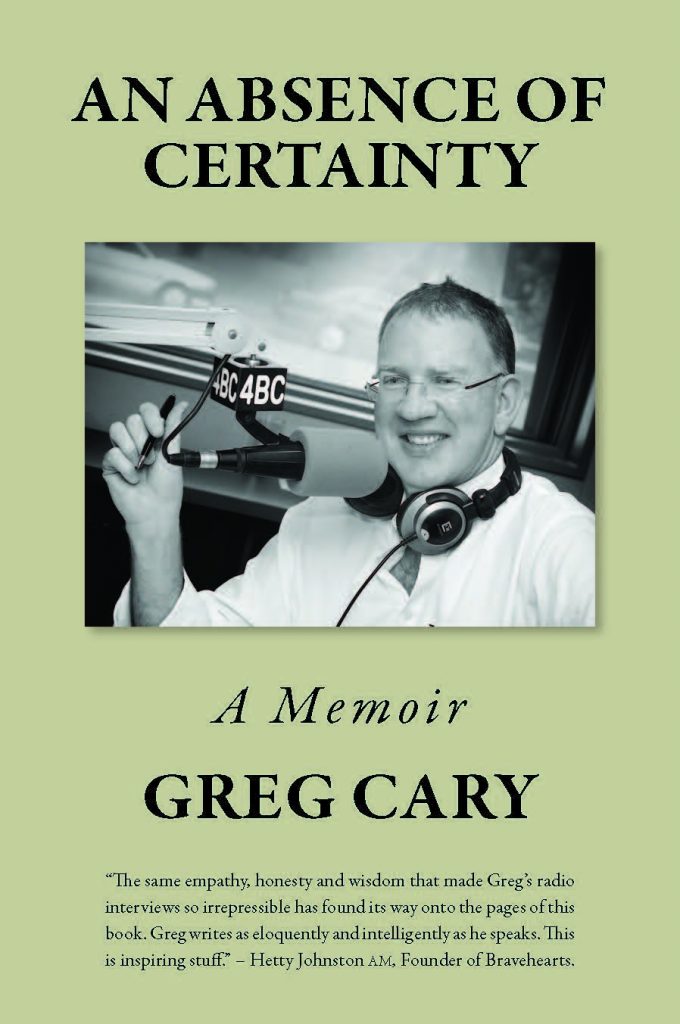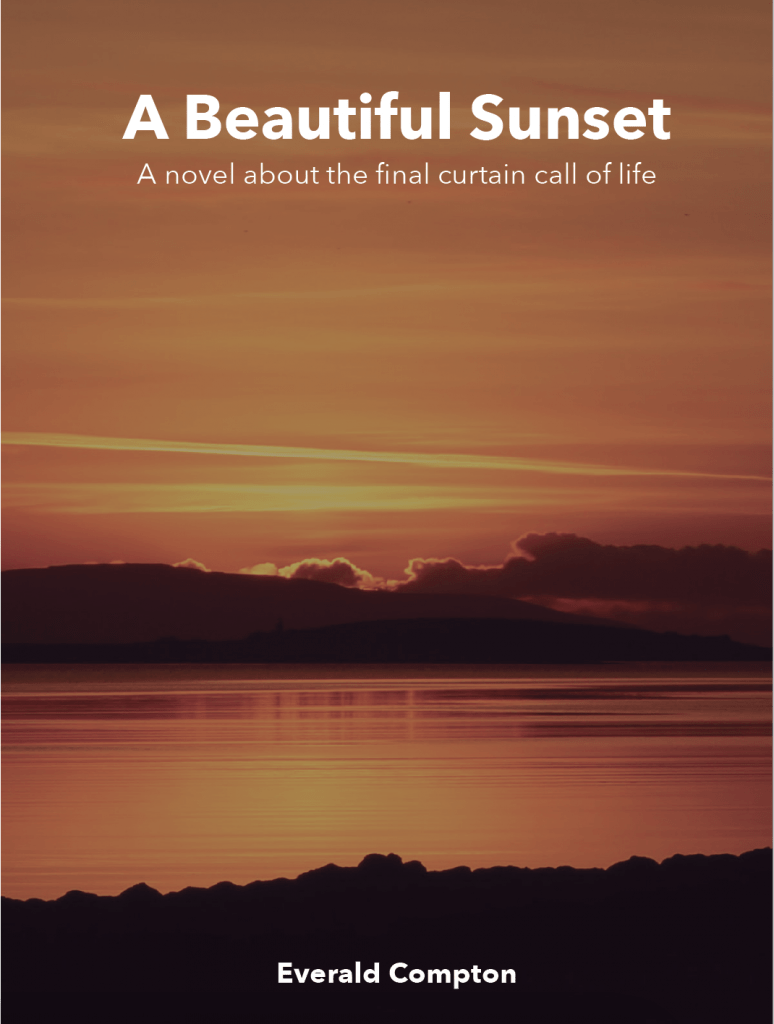
Comrades in Arms and Rugby
January 7, 2017
An Absence of Certainty
April 28, 2022A Beautiful Sunset
A novel about the final curtain call of life
by Everald Compton
For half a century Everald Compton has been an active and passionate advocate for Voluntary Assisted Dying (VAD), campaigning for the right to make a choice as to whether or not people may end their lives this way.
Now Everald has written a fascinating novel that tells the story of four very different people facing death, and within each he finds the humane and very human story of coming to terms with the end of one’s life.
Three practice Christianity, although quite differently. The fourth is an Atheist. They share a doctor, a Muslim woman.
People who have a role in their lives are Jewish, Buddhist and Confucian.
The local Anglican Bishop is an African Matabele and their lawyer an eminent citizen on the fringes of religion.
Powerful is the word to describe the ending.
Read this book and you will gain a clearer understanding of Voluntary Assisted Dying than if you attend a dozen learned lectures on it. You may also be moved to happily plan your own ideal final curtain call.
Everald is aged 89, proudly Australian, and ready, if circumstances dictate it, to end his life by VAD.
Testimonials
A Beautiful Sunset is a compelling read, an extraordinarily well constructed story. The talkshow scene is very powerful, almost as powerful as the final scene, and the story of Captain Oates is a great introduction. This book will play an important role in the upcoming debates on Voluntary Assisted Dying which will take place in three Australian State Parliaments this year, 2021. A Beautiful Sunset will be more persuasive than public speeches and media interviews.
— John Harrison, PhD, School of Communication and Arts, University of Queensland
Novels are a wonderful tool with which to engage hard subjects and there is no harder subject to tackle than dying. Through the use of fictional, but recognisable characters, Everald masterfully pierces hallowed stereotypes, leaving the reader with the paradoxical truth that to embrace one’s own dying is to live more fully.
— George Browning.
Everald is once again at the cutting edge of one of the most contentious subjects of our time. We will all be hearing a lot more about Voluntary Assisted Dying and this excellent book canvases the many complex issues involved. As ever, you will be in no doubt as to what Everald thinks, but he leaves us well armed to make our own conclusions.
— Greg Cary, Writer and Broadcaster.
Reviews
Everald Compton’s passionate advocacy for Voluntary Assisted Dying (voluntary euthanasia) shines in this respectfully compelling narrative based on the lives of four people who have the same doctor. In a carefully crafted and authentic set of vignettes the author manages to touch on and carefully handle many of the moral dilemmas confronting people who have learnt of their imminent death. He has chosen the vehicle of a novel to present the case for VAD. This works very well as the experiences of VAD are unique. By placing them in the context of a close portrayal of each person’s intimate thoughts and relationships, he manages to capture some of their incredible psychological journeys through highs and lows. It is a story of the triumph of life over death.
For those reading this book who might have been given notice of their pending death, it might help them to look death in the face and turn from fear and despair to calm anticipation. For the rest of us it will help us to re-appraise death in positive and real terms and that cannot be a bad thing.
Despite the inherent sadness of a termination of life, the stories are written in a way that raises our anticipation for the ‘event’ and how it will be handled. It is this culminating event that brings out the best and worst in the characters in the stories. Relationships evolve and change. Lessons are learnt and many surprises eventuate.
Along the way many tensions arise within families, partnerships, colleagues, and faith perspectives. There are also the dual conflicts of self-pity and goal setting as each person considers their situation. The significance of a trusted, thoughtful and compassionate doctor, families, good listeners and a willingness to share opinions and counter the negative aspects, all contribute to the empowerment of someone who has learnt that they are losing control of their destiny.
Compton has clearly drawn on situations he has witnessed as the stories are models of human existence themselves. He also brings into focus the different views that people hold about God or no God. He manages to address many of the issues raised by believers in eternity, atheists and agnostics. For the author, bad religion can make dying miserable and he uses the ultimate example of Jesus making a deliberate choice to go to his death to illustrate the integrity of VAD.
Within the narrative are clear concise and transparent descriptions of situations and people. The stories give balance to the many arguments for and against VAD and how in many ways we have failed the older generation in the provision of quality of life and concern for their dignity at the end. The emphasis is on the ‘voluntary’ nature of VAD and the importance of those who are mentally and rationally able to have the final say about their life.
It is very likely that we will at some time know of someone who is dying, and this very sensitive and critical subject may emerge for us. We may even consider VAD at some stage. I recommend a reading of this book as the stories in it are ultimately our own.
— Dr Paul Inglis, Group Moderator UCFORUM and Chairperson at the Progressive Christian Network QLD.

